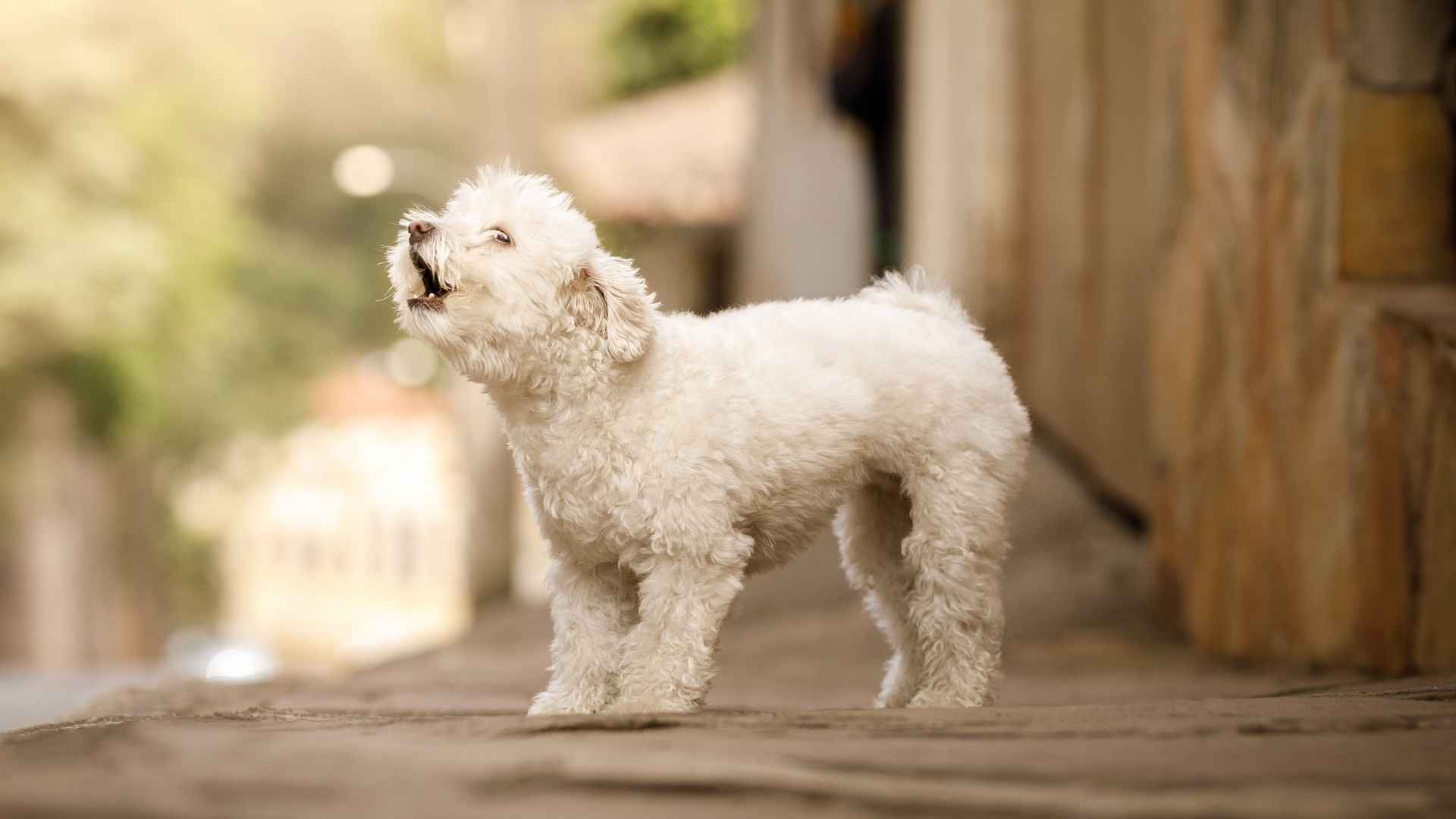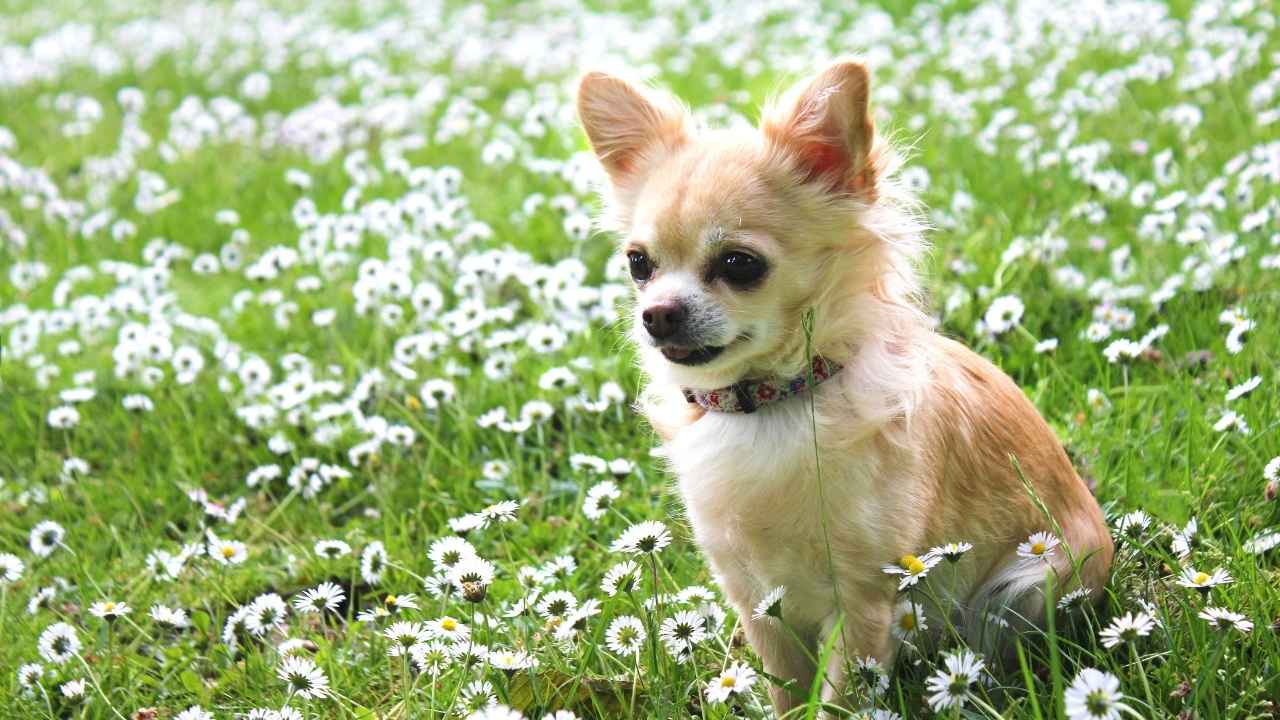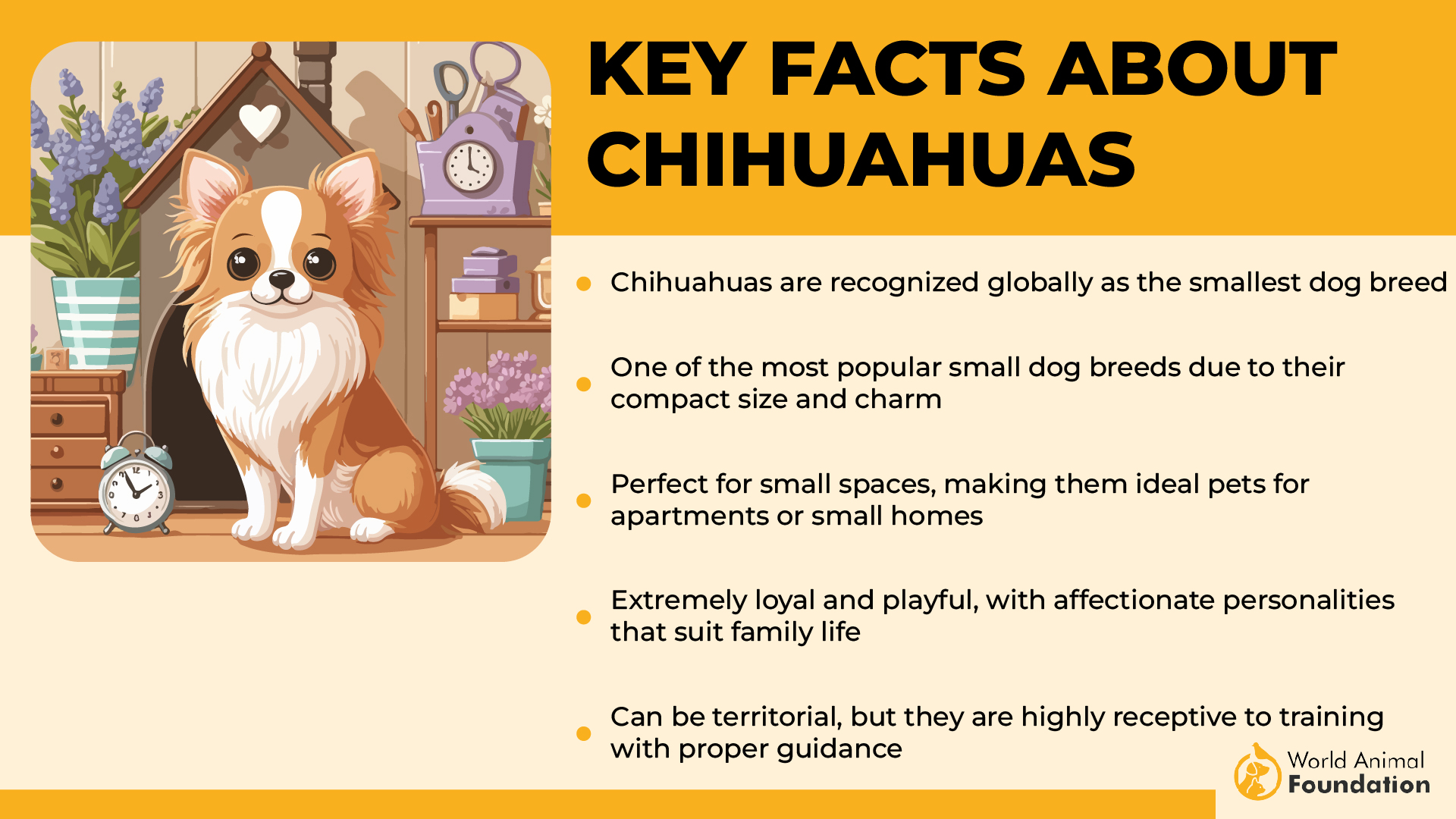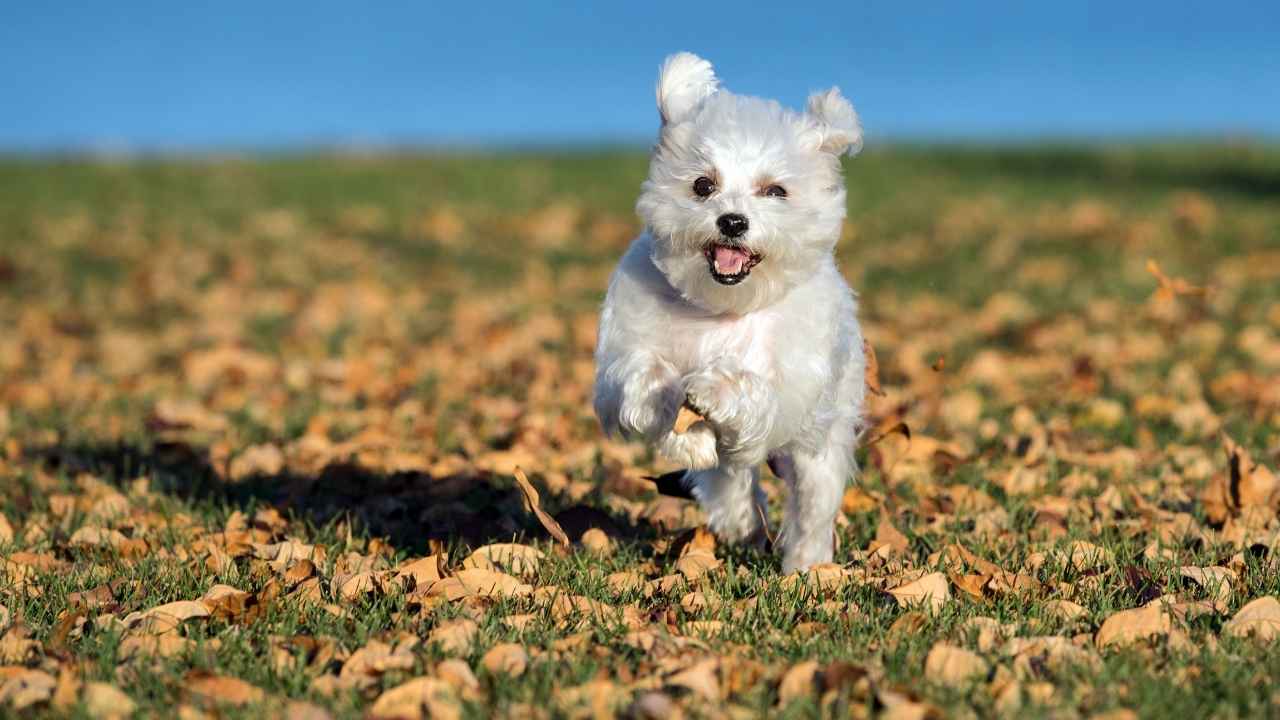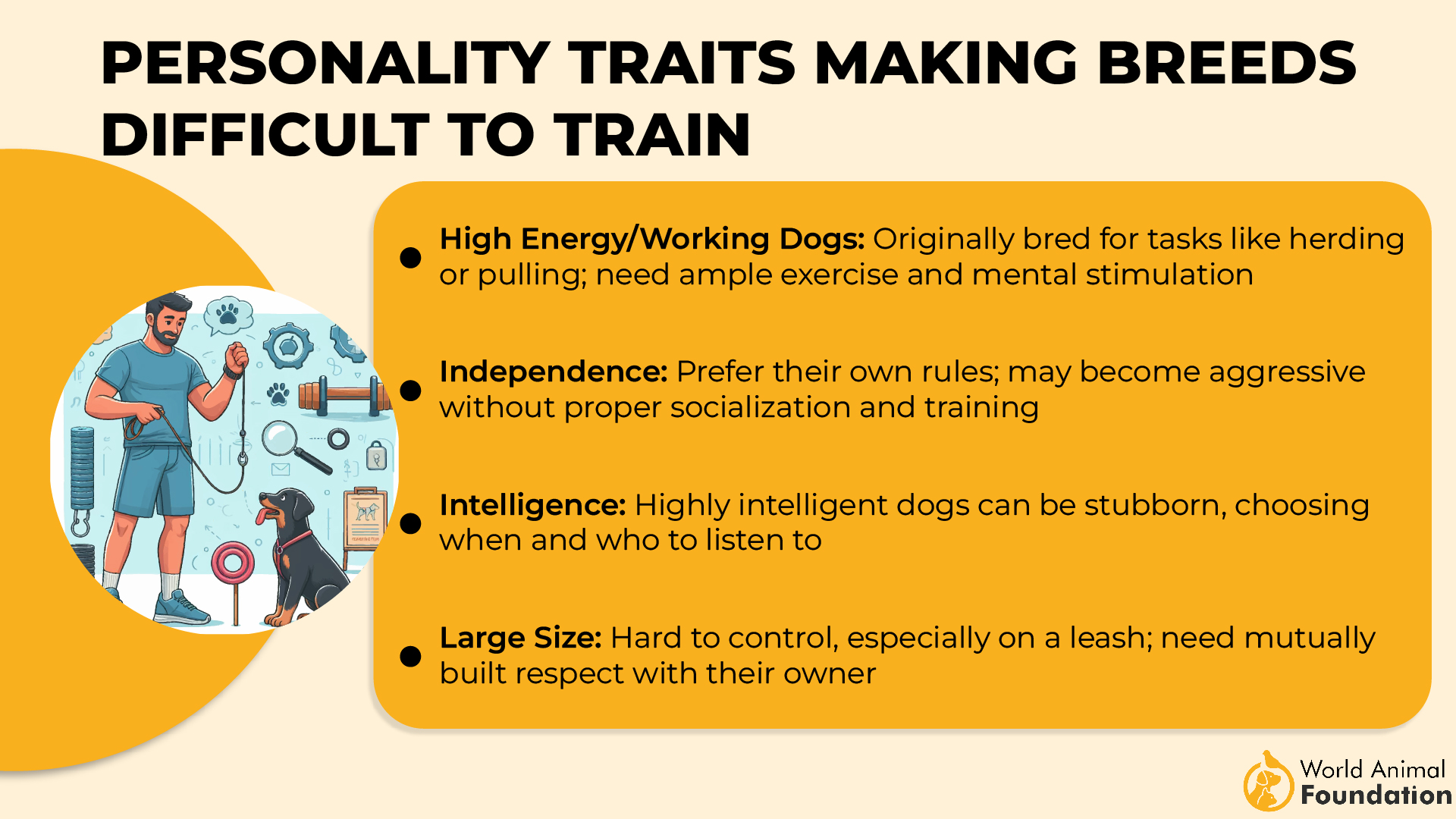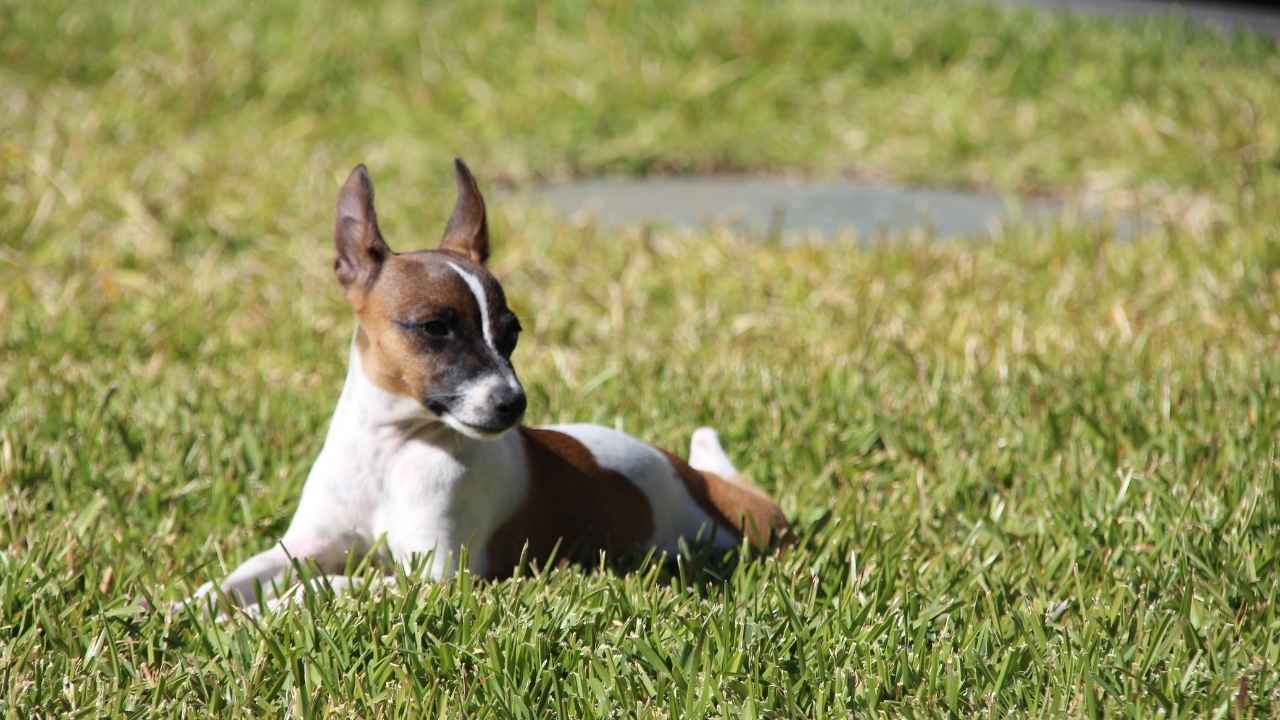When considering bringing a small dog into your home, it’s essential to look beyond their cute and cuddly appearance. While many pint-sized pups make wonderful companions, some breeds may come with challenges that aren’t the best fit for every family. From temperament issues to specific health concerns, the “cute factor” can sometimes mask problems better suited to experienced dog owners. In this guide, we’ll explore seven small dog breeds that might not be ideal for everyone. Understanding their unique needs and characteristics can help ensure that you find the perfect furry friend for your lifestyle.
Dogs bring so much love and joy into our lives, but not every breed is the right fit for everyone. When it comes to small dogs, their adorable size and charm can be deceiving, as some breeds come with traits that may make them challenging to handle. For families, first-time owners, or those with busy lifestyles, it’s important to carefully consider a dog’s needs before bringing them home.
While all dogs deserve love and care, some small breeds require extra patience due to their unique temperaments, energy levels, or grooming needs. Choosing a dog based on looks alone might lead to unexpected surprises, especially with breeds known for stubbornness or high maintenance.
This guide highlights small dog breeds that may not be ideal for everyone, helping you make an informed choice and ensuring a happy and harmonious relationship with your future furry friend.
Worst Small Dog Breeds
1. Dachshund
Dachshunds are famously loyal and courageous, traits that make them devoted to their families but also occasionally aggressive toward strangers or other dogs. Their playful and affectionate nature makes them lovable companions, but their protective instincts can sometimes lead to barking or snapping, especially when they feel their territory is being threatened.
Originally bred as hunting dogs, Dachshunds have a natural tendency to dig and a strong stubborn streak, making them more prone to destructive behaviors if not properly trained. According to Greencross Vets, their determination, once necessary for tracking scents and chasing badgers, can make them a challenge to train today.
However, with consistent, positive reinforcement and plenty of patience, these smart dogs can learn to manage their behaviors. While their strong personalities might not suit everyone, Dachshunds can be a rewarding addition for those ready to embrace their unique quirks.
2. Chihuahua
Chihuahuas may be the smallest dog breed, but their personalities are anything but tiny. Often seen as cute lapdogs, these feisty pups can be surprisingly bold and assertive. While their size makes them easy to carry around, it also contributes to their tendency to feel vulnerable, which can lead to defensive behaviors.
According to Petplan, these little dogs are known to be territorial and can become aggressive if they feel scared or threatened. Their nervous nature means they may snap or bite, especially around strangers or energetic children who might unintentionally overwhelm them. Because of their delicate frames and sensitive temperaments, Chihuahuas are best suited for calm households, making them great companions for singles, couples, or seniors.
Early socialization and training are key to helping Chihuahuas feel secure and reduce their tendency to react aggressively. With patience and proper care, they can grow into affectionate and loyal companions who thrive in the right environment.
3. Maltese
Maltese dogs may be small and adorable, but their delicate nature makes them more prone to injury compared to larger breeds. PetMD states that their signature long, silky white coat requires daily grooming to avoid tangles and mats, along with regular baths to keep their skin and fur healthy. This level of upkeep can be time-consuming and isn’t ideal for every owner.
Known for their intelligence, Maltese dogs can be a bit stubborn, which some might find challenging. However, with consistent training and patience, they can learn quickly and become well-behaved companions. Families with young children should note that Maltese dogs can be less tolerant of rough handling or grabby hands, making them better suited for older kids or adult-only homes.
Additionally, Maltese dogs are prone to certain genetic health issues, including luxating patella, dental problems, and respiratory conditions. These health concerns can lead to ongoing medical expenses, which might be overwhelming for unprepared owners. While their beauty and charm are undeniable, potential owners should carefully consider the time, care, and financial commitment a Maltese requires.
4. Jack Russell Terrier
Jack Russell Terriers are often considered challenging due to their boundless energy, strong prey drive, and independent nature. Originally bred to hunt foxes, they have an instinct to chase small animals, which can make walks around other pets or wildlife a handful. Their intelligence and alertness are impressive, but without proper mental stimulation and exercise, they can quickly become bored and turn to digging or other mischievous behaviors.
These terriers are known for their watchdog tendencies, which can lead to excessive barking if not managed early. While they’re smart, their stubborn streak can make training a test of patience and consistency. They need firm yet positive training methods to help them focus and follow commands.
Britannica adds that Jack Russell thrives with owners who can keep up with their active lifestyle and provide ample physical and mental activities. Without early socialization, they may also show aggression toward other dogs, especially if they feel threatened.
5. Rat Terrier
Rat Terriers are spirited little dogs with all the classic terrier traits—energetic, smart, stubborn, and quick to bark. They have big personalities packed into small bodies, which means early and consistent obedience training is essential to keep their bossy tendencies in check. Despite their feisty nature, Rat Terriers are affectionate and playful with their families and thrive on being close to their people.
Orvis highlights that these dogs can be territorial, especially when it comes to rough handling or unfamiliar situations. While they may do well with older children, toddlers, and babies can be too much for their patience. Rat Terriers often get along with other dogs in the home but may try to assert themselves as the “top dog,” regardless of size. Their strong prey drive makes small pets like rabbits or rodents a poor match, though they can sometimes coexist with cats if raised together.
With boundless energy, Rat Terriers need plenty of exercise to prevent unwanted behaviors like digging, chewing, or excessive barking. Keeping up with their energy levels can be a challenge, but their lively and affectionate nature makes them an endearing companion for the right household.
6. Havanese
Havanese dogs, while affectionate and charming, can present challenges for owners due to their high need for social interaction and strong attachment to their families. These dogs form deep bonds with their humans, which can lead to separation anxiety if left alone for long periods. This distress often results in excessive barking or even destructive behavior.
Sensitive to tone and training methods, Havanese require a gentle, positive approach to avoid becoming resistant or shutting down. Their playful and energetic nature can sometimes turn into attention-seeking behavior, making consistent training essential.
While they don’t need intense physical exercise, mental stimulation through play and training is vital to keep them happy and prevent boredom-related issues.
7. Miniature Pinscher
Miniature Pinschers, often called “Min Pins,” can be a challenge for dog owners due to their strong-willed and independent personalities. These little dogs are known for their stubbornness, which can make training difficult without patience and consistency. They require a lot of mental focus and a steady hand to guide them through learning commands and proper behavior.
Highly active and athletic, Min Pins need plenty of exercise to burn off their energy. Without it, they can become restless and exhibit unwanted behaviors like excessive barking or mischief. Their fearless nature, while endearing, often gets them into trouble, so close supervision is essential. They may also be unfriendly to other pets or strange dogs and can act domineering, but early socialization can help minimize these tendencies.
Min Pins are notorious for eating things they shouldn’t, such as coins or buttons, which can pose serious risks. They also tend to wander off, so keeping them secure with a personalized collar is a smart precaution. Additionally, they’re prone to separation anxiety and boredom when left alone, making them better suited for owners who can provide lots of attention and engagement.
Conclusion
When it comes to worst dog breeds, choosing the right breed for your lifestyle is key to a harmonious relationship. While some might think the challenges of small dogs are easier to manage than large dogs, that’s not always the case. Breeds like Shih Tzus can be difficult to house train, and others, like Rat Terriers, need enough exercise to curb their high energy. Even intelligent dogs such as Dachshunds or Corgis require proper training to channel their natural instincts, especially if they come from a hunting breed background.
While we didn’t discuss every breed, it’s worth noting that French Bulldogs, Cocker Spaniels, and even Siberian Huskies can present unique challenges when not matched to the right home. Whether it’s dealing with aggressive dogs or breeds better suited for families without young kids, understanding the needs of a dog is crucial. Every beautiful breed has its quirks, but with the right care and love, they can become a cherished family member. After all, most dogs just need a bit of patience and attention to thrive in their forever homes.
In conclusion, while small dog breeds often appeal due to their compact size and perceived manageability, it is essential to recognize that certain breeds may present challenges that make them less suitable for all households. Factors such as temperament, exercise needs, and health issues can influence their compatibility with potential owners. Understanding these aspects helps in making informed decisions, ensuring both the dog’s and owner’s well-being and happiness. Researching and matching a dog’s characteristics with a family’s lifestyle and resources is crucial to fostering a harmonious and fulfilling pet-owner relationship.

